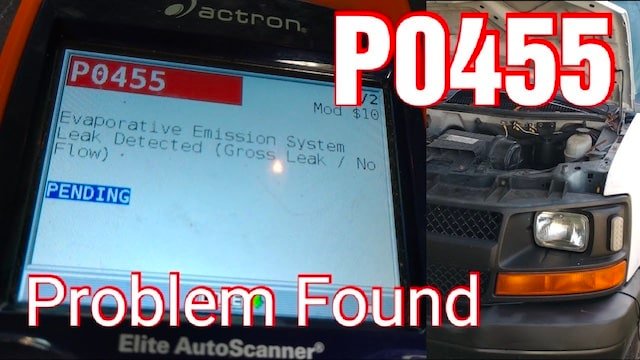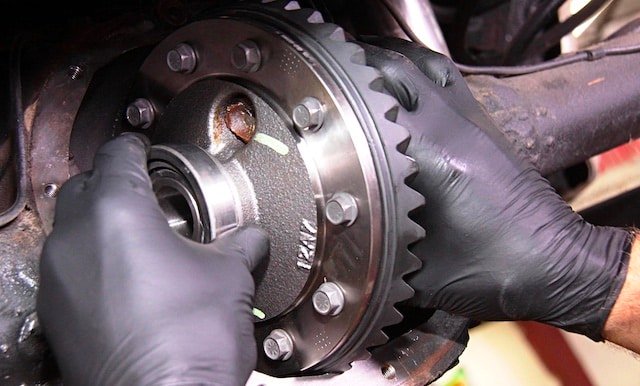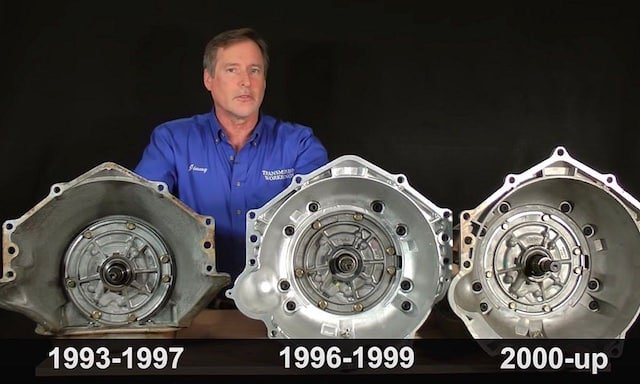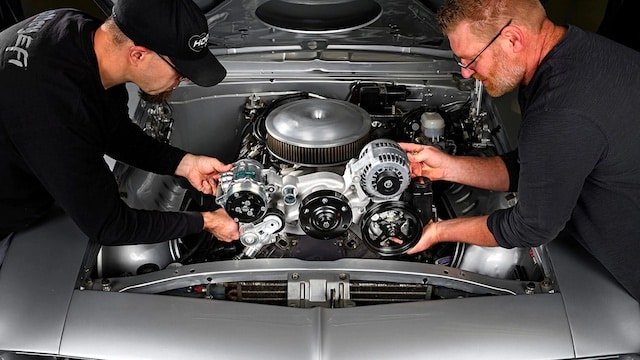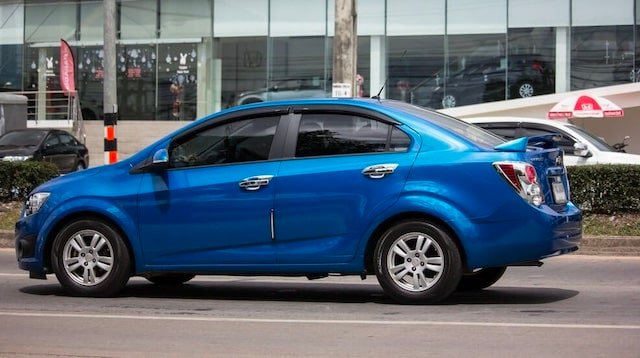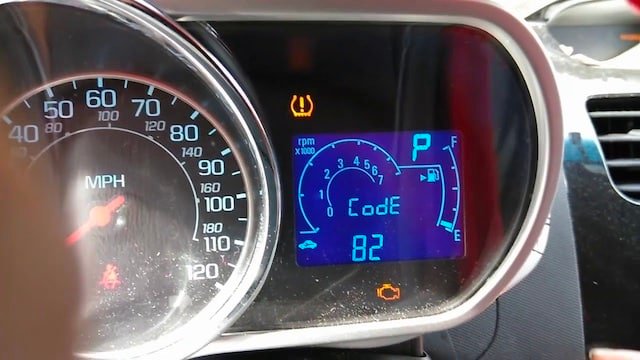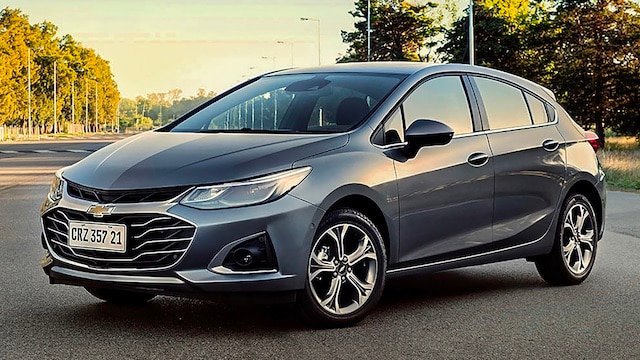So you turned on your Chevy Silverado and the AC fan was blowing but the air wasn’t cold. This a sign that the compressor is not coming on. Now, you are bothered because you don’t know what to do.
If the problem is the compressor, then your mechanic should be able to sort it out easily. The question on your mind must be, “why did my AC compressor stop working abruptly?” We will provide you several reasons in this post. Also, we will share a few possible fixes along with the reasons we discuss.

How the AC Compressor Works
Before we go ahead to discuss the reasons why your compressor is not working, let’s discuss how it works. This is necessary because it will give us a clearer understanding of the causes of the problem. It is no secret that the compressor is one of the most important parts of your car’s air-conditioning system.
How does this very important component work? It carries out the heat produced in the engine while it compresses the refrigerant fluid. The temperature of the refrigerant is always higher than that of the immediate surrounding. If the compressor is not coming on, the heat will not be transferred out as it should.
This is why it feels like your AC is not working. Most problems with the AC not working can be traced to the compressor not coming on. The question that begs an answer now is, “why is your Chevy Silverado AC compressor not coming on?” Check the next section.
Chevy Silverado AC Compressor Not Coming On: Possible Causes and How to Fix
You just turned on the AC in your Chevy Silverado and you are expecting the cold air to fill your truck. Instead of cold air, it is a warm breeze making you more uncomfortable. Now, you are wondering why since the AC fan and electrical system seem to be working well.
Most probably, the air is warm because your AC compressor has refused to come on. When this is the case, you can easily fix the problem. These are the most common reasons why the AC compressor wouldn’t work and some fixes to try.
Dirty filters and coil
One of the reasons why your compressor will stop working is dirt and debris. When the different components of the compressor are filled with dirt, it can shut down the entire unit. Some of the components include evaporators, filters, condenser coil, etc.
If the air filter is clogged with dirt, it significantly reduces airflow. This makes the evaporator coil stop working. Also, when the condenser coils and air filters are clogged, they put your AC compressor under pressure. The result of this is the inevitable overheating of the unit. Most times, the compressor shuts down to avoid getting damaged from overheating.
What do you do to solve the problem? It is pretty simple, clean the different components of the compressor. Ensure that you clear out any obstructions or blockages resulting from dirt or debris accumulation. This will allow for better air circulation.
Blown fuses
After you have checked the compressor for clogging, the next thing to check is the associated fuse. This is important because the fuse is integral to the electrical circuit that runs the compressor. If there is a power surge, the fuse breaks the circuit by getting blown. All you need to do is to locate and change the fuse.
If your Chevy Silverado is between 1999 and 2010, then the fuse box sits just beneath the hood on the driver’s side. However, in older models, just check beside the instrument panel to the left to locate the fuse box. If you still can’t find it, check the owner’s manual to locate the box. Now, check the fuse map to find the fuse associated with the compressor.
The compressor makes use of a 10 amp fuse and it is always marked “AC COMP.” Take the fuse out and check if it has a dark discoloration internally. It is possible to see if it is burnt by a simple visual evaluation. If it is, then you just need to change the fuse and the compressor should be back up running.
Starter relay and capacitor issues
Asides from the fuse, the capacitor and starter relays are also very important to the compressor. These components ensure that the compressor receives the power it needs to run. Starter relay and capacitor issues are among the most prevalent causes of compressor problems.
It is the capacitor that supplies the power that the compressor needs to start. This component also powers the outer fan and blower motor. The relay, on the other hand, transmits power to the compressor from the capacitor.
If you hear a humming sound from your compressor, then it means that you have a bad capacitor or relay. Fortunately, both components are easy to replace and very affordable. Replace them and the compressor should get running again.
Refrigerant pressure
If you have checked all of the above and the compressor isn’t working, then your issue may be refrigerant pressure. The system has sensors that detect when the refrigerant pressure drops to a certain level. When this occurs, the system doesn’t engage the compressor so that it doesn’t get damaged.
To add more refrigerant, simply start the car engine and switch on the AC. Select the coldest setting and plug the charging hose into a refrigerant can and the low-pressure port of your HVAC system. Ensure that the can is empty before you disconnect the hose. Now, test the pressure using an air conditioning gauge. Make sure that you don’t charge the system beyond its capacity.
Dead compressor
This is the final reason why your Chevy Silverado AC compressor is not working. The compressor goes dead because of several reasons like overheating and faulty capacitors. When the compressor dies, there is just one solution, replace it.
Conclusion
There you have it for why your Chevy Silverado AC compressor is not working. We have explained how to fix the problem as well. If you have any questions, feel free to contact us.
